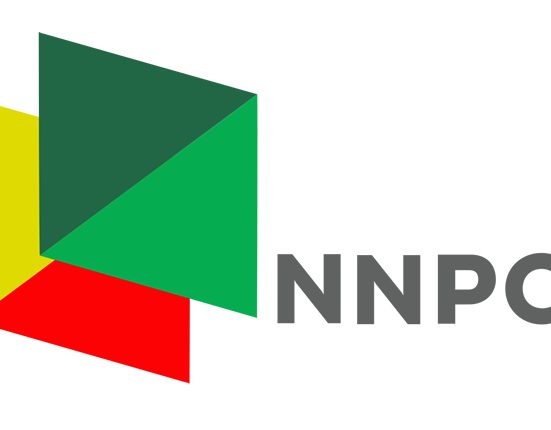Nigeria’s foreign exchange earnings from diaspora remittances may soon come under significant pressure following the passage of a controversial bill in the United States that proposes a 3.5 per cent levy on international money transfers made by non-citizens. The bill, titled the “One Big Beautiful Bill Act,” is a sweeping legislative initiative spearheaded by former U.S. President Donald Trump and recently passed by the U.S. House of Representatives.
If the legislation is signed into law, it will mandate banks, remittance service providers, and financial platforms in the U.S. to deduct a 3.5 per cent tax on all funds sent abroad by individuals who are not American citizens. The scope of the bill includes green card holders, temporary visa holders, and undocumented migrants, with no exemption threshold—meaning even the smallest transfers will not be spared. The collected levies are expected to be remitted to the U.S. Treasury on a quarterly basis.
This policy shift could have a far-reaching impact on countries heavily reliant on remittance inflows, particularly Nigeria, which is one of the top remittance-receiving nations globally. According to data from the Central Bank of Nigeria (CBN), total personal remittances into the country reached $20.93 billion in 2024, representing an 8.9 per cent year-on-year increase and marking the highest remittance inflow in five years. These funds remain a vital source of foreign exchange and serve as a lifeline for millions of households across Nigeria.
Experts warn that the imposition of the tax may discourage many Nigerian diaspora members—especially those with uncertain immigration status—from sending money home through formal channels. This could lead to a shift toward informal or underground means of money transfer, potentially reducing transparency and the traceability of financial flows.
The Centre for Global Development, a U.S.-based policy think tank, has listed Nigeria among the top 10 countries likely to be most affected by the proposed remittance tax, alongside Mexico, India, the Philippines, and China. The organisation estimates that the 3.5 per cent charge could result in a reduction of up to $215 million annually in lost value for Nigerian recipients alone. This loss, though indirect, would have ripple effects on household spending, school fees, healthcare financing, and overall economic activity in communities dependent on diaspora funds.
Analysts also point to the potential strain on Nigeria’s balance of payments and the country’s ability to stabilise its currency amid ongoing FX pressures. With remittances often serving as a buffer against external shocks, any dip in inflows could further complicate efforts by the CBN and fiscal authorities to maintain macroeconomic stability.
While the bill is yet to pass through the U.S. Senate or receive final assent, its advancement through the House of Representatives signals growing political momentum. Nigerian policymakers, diaspora organisations, and financial institutions are now closely monitoring developments, with calls emerging for diplomatic engagement and strategic planning to mitigate the anticipated fallout.
The coming months will prove crucial, as the bill moves through further legislative scrutiny in Washington. For millions of Nigerians dependent on financial support from abroad, the stakes have never been higher.







